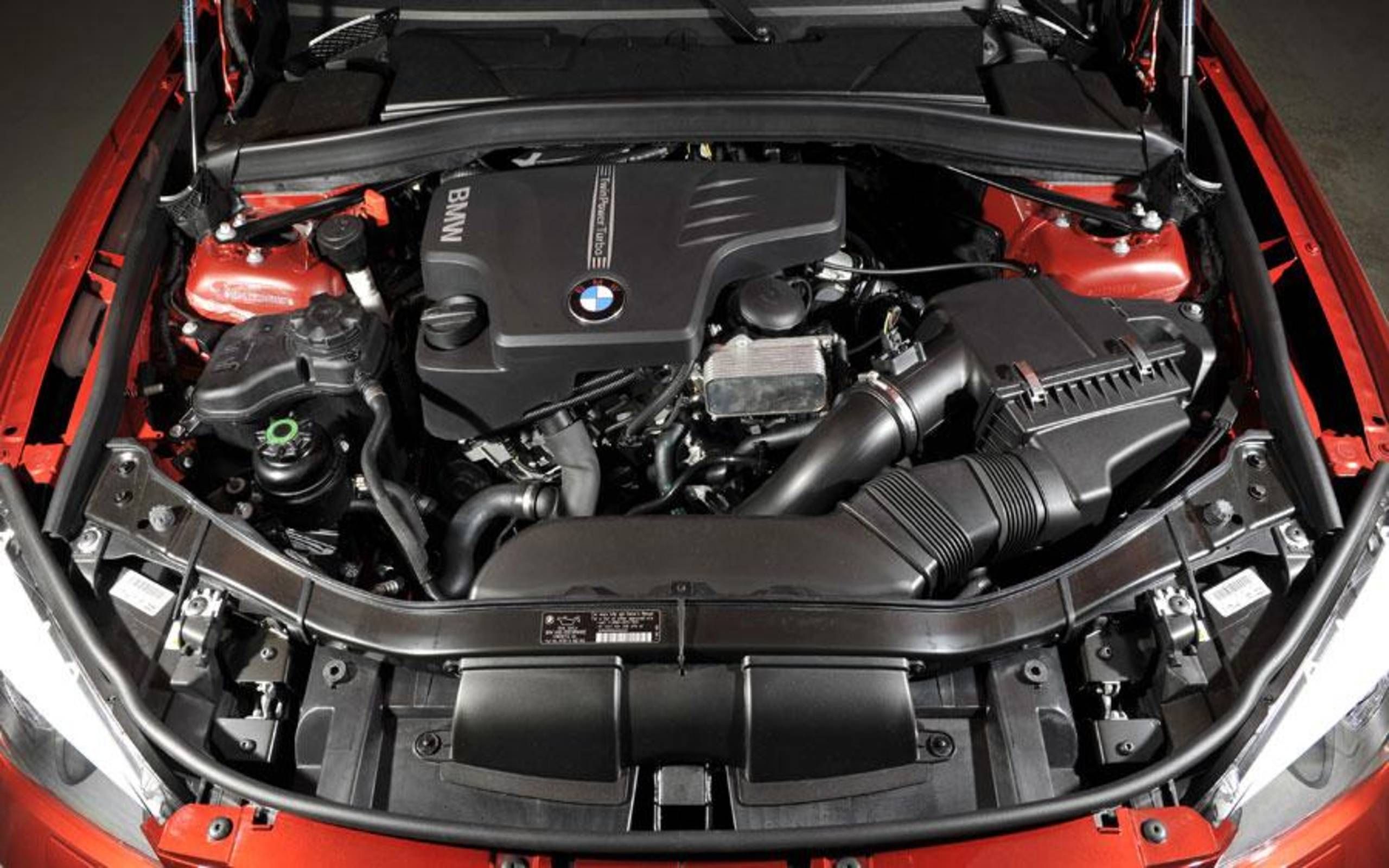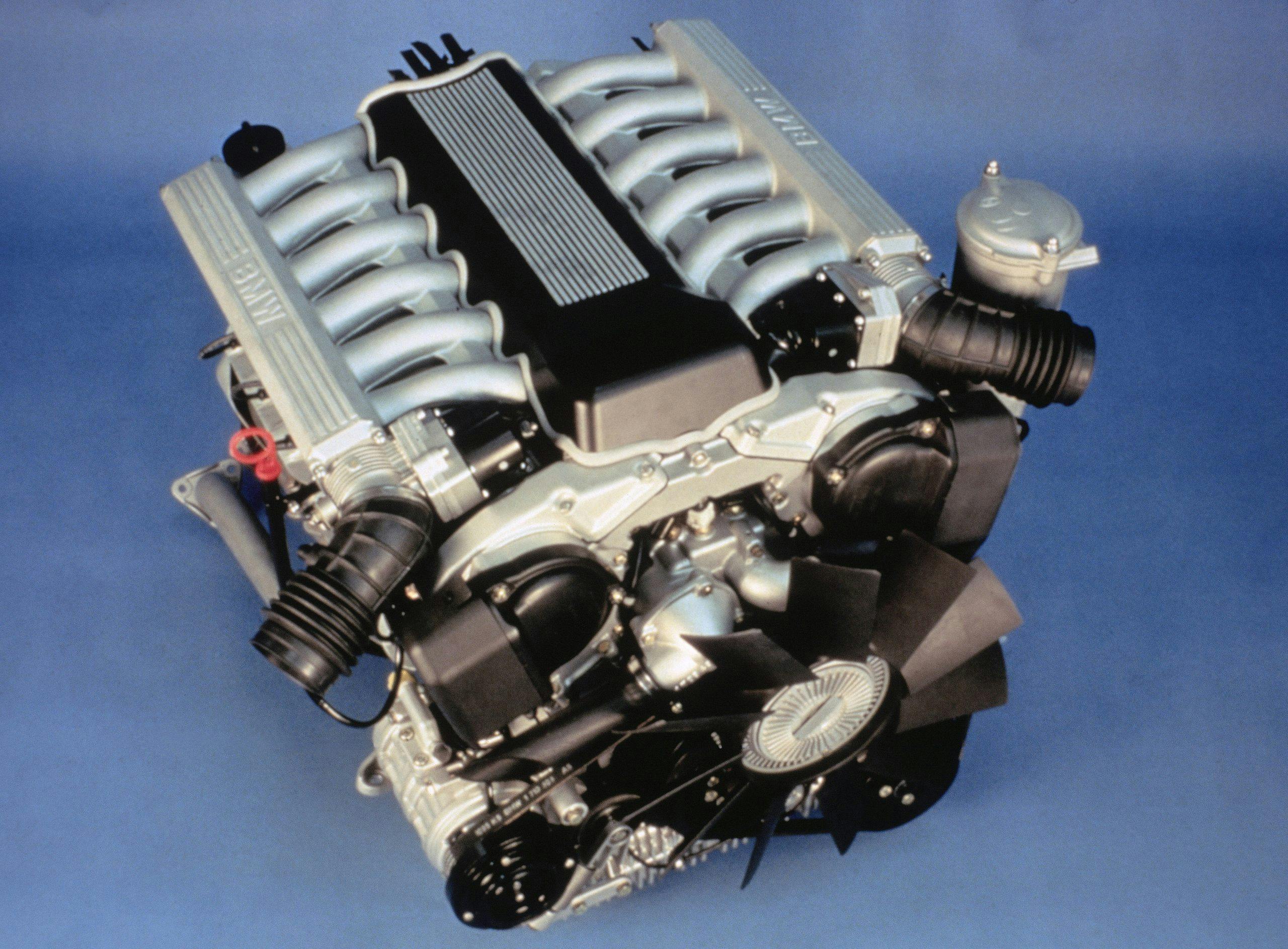Leading 5 BMW Engine Technologies Changing the Automotive Market
Leading 5 BMW Engine Technologies Changing the Automotive Market
Blog Article
Unveiling the Intricacies of Next-Generation Power Units: a Deep Dive Into Advanced Engine Innovations and designs
In the world of vehicle design, the ruthless search of sustainability, efficiency, and effectiveness has moved the development of power systems to unprecedented elevations. As we stand on the precipice of a brand-new age in transport, the complexities of next-generation engine designs bid us to discover the innovative modern technologies and developments that guarantee to redefine the driving experience. From sophisticated products that press the boundaries of resilience and weight reduction to advanced turbocharging and supercharging systems that boost power output to new levels, each component of these power systems holds a crucial to opening the future of auto engineering. Diving deeper into the realms of discharge control, intelligent engine monitoring systems, and the perspective of power device growth, we locate ourselves on the cusp of a change that assures to reshape the landscape of flexibility as we recognize it.
Development of Engine Materials

The shift towards advanced engine materials has additionally made it possible for engineers to design engines with greater power outcomes while keeping gas efficiency standards. For example, making use of light-weight materials lowers the general weight of the engine, resulting in boosted fuel economy and lower discharges. Furthermore, advancements in products technology have actually permitted better thermal monitoring within engines, resulting in boosted reliability and longevity.
Turbocharging and Supercharging Technologies
How do Turbocharging and Supercharging Technologies reinvent engine performance and effectiveness in modern lorries? Turbocharging and supercharging are technologies that considerably enhance engine performance by raising the amount of air consumption into the burning chamber. Turbocharging attains this by using a wind turbine driven by exhaust gases to pressurize the intake air, while turbo charging makes use of a belt- or chain-driven compressor to attain the same effect.
These modern technologies allow smaller sized, more fuel-efficient engines to generate power equal to bigger ones, referred to as downsizing. By requiring more air right into the cylinders, turbocharging and turbo charging improve burning performance, causing boosted horse power and torque outcome without a substantial increase in engine dimension. This brings about far better acceleration, towing ability, and total driving performance.
Additionally, turbocharging and turbo charging add to boosted fuel efficiency by allowing the usage of smaller engines that eat much less gas under regular driving conditions - bmw engine. This mix of enhanced efficiency and performance has actually made turbocharging and supercharging indispensable components of several modern engine layouts
Exhaust Control and Environmental Effect
With increasing global worries pertaining to air high quality and environmental sustainability, the execution of exhaust control modern technologies in cars plays an important duty in lowering damaging pollutants launched into the environment. Modern lorries are equipped with innovative discharge control systems that aid reduce the environmental effect of automobile operations. Catalytic converters, as an example, are made to transform poisonous gases such as carbon monoxide gas, nitrogen oxides, and hydrocarbons right into less dangerous compounds like co2 and water vapor.
Moreover, advancements in engine innovation, such as the assimilation of exhaust gas recirculation systems and discerning catalytic reduction, have dramatically added to decreasing discharges. These modern technologies work in tandem to optimize combustion performance and reduce the release of damaging pollutants right into the air. Additionally, the development of crossbreed and electrical lorries represents an important step towards minimizing the overall environmental footprint of the transport sector.
Intelligent Engine Administration Equipment

In addition, these systems allow vehicles to fulfill rigid exhausts criteria without compromising efficiency, giving a more eco-friendly driving experience. The assimilation of synthetic intelligence and equipment knowing capabilities in engine administration systems remains to push the borders of what is feasible, causing more improvements in performance, dependability, and overall car efficiency. bmw engine. As automotive technology breakthroughs, smart engine management systems will play a crucial duty fit the future of transportation in the direction of an extra effective and sustainable direction
Future Trends in Power Device Growth
As smart engine management systems lead the means Going Here for enhanced control and optimization in contemporary cars, future trends in power system development are poised to redefine the landscape of auto propulsion innovations. Among the essential trends driving advancement in power system development is the change in the direction of electrification. With a raising concentrate on sustainability and minimizing carbon emissions, crossbreed and electric powertrains are becoming much more common in the vehicle sector. These alternative power resources provide enhanced effectiveness and efficiency while straightening with stringent ecological policies.
Another substantial fad is the combination of sophisticated materials and producing strategies. Lightweight products such as carbon fiber and aluminum are being used to reduce total automobile weight, boosting fuel performance and efficiency. Furthermore, developments in 3D printing and additive production are making it possible for the production of complicated engine parts with greater precision and durability.
Furthermore, expert system and equipment discovering are playing a vital role in enhancing power device performance. These modern technologies enable real-time monitoring and adaptive control, causing a lot more reliable and dependable power delivery. Generally, future trends in power unit development are geared towards efficiency, efficiency, and sustainability, driving the automotive market in the direction of a new era of propulsion modern technologies.

Final Thought
In verdict, the advancements in engine materials, turbocharging, exhaust control, and intelligent management systems have actually led the means for next-generation power devices. The intricate styles and developments in contemporary engines showcase the continuous advancement of vehicle modern technology.
Exploring the progressive improvements in engine Learn More materials has been crucial in improving the efficiency and efficiency of contemporary engines. Over the years, the development of engine products has played a critical role in pressing the borders of what engines can accomplish.The change in the direction of advanced engine materials has actually likewise made it possible for engineers to make engines with greater power outputs while preserving fuel efficiency criteria.The execution of intelligent engine administration systems in modern-day vehicles has actually reinvented the way engines are managed and enhanced for efficiency and performance. By gathering information in real-time and examining it with advanced formulas, smart engine management systems can adjust to driving styles, ecological elements, and engine wellness to make the most of power outcome while lessening fuel intake and discharges.
Report this page